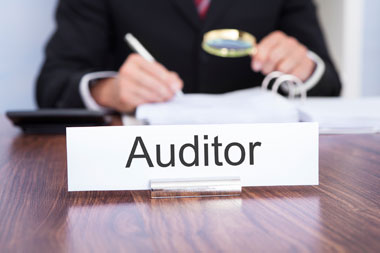Tax Relief
Bankruptcy Law
Tax Debt Elimination Through Bankruptcy

TAX DEBTS can usually be discharged through a bankruptcy. However, there are 5 circumstances that can prevent the taxes from being discharged in a chapter 7 bankruptcy or require payment in full through a chapter 13 plan.
PRIORITY TAXES cannot be discharged in a chapter 7 bankruptcy if the tax return was due within 3 years of the date of a bankruptcy filing, or if a tax was assessed by a government unit within 240 days of a bankruptcy filing the obligation cannot be discharged through a bankruptcy.
TAXES THAT ARE FILED LATE are not discharged in a chapter 7 and must be repaid in full through a chapter 13 if the actual filing date falls within the year period immediately before filing for bankruptcy.
WILLFUL TAX EVASION disqualifies your tax debt from being dischargeable. The failure to file and/or pay taxes is not enough to equal a willful tax evasion for bankruptcy purposes.
It takes a voluntary, conscience, and intentional failure to file taxes for an extended time, along with the failure to pay taxes when the taxpayer had the ability can be deemed willful tax evasion. Under such circumstances, the tax debt cannot be discharged in a chapter 7 bankruptcy and must be repaid in full through a chapter 13 bankruptcy payment plan.
IF YOU DID NOT FILE a tax return the taxes cannot be discharged in a chapter 7 bankruptcy and must be repaid in full through a chapter 13 bankruptcy. A tax return prepared by the taxpayer is clearly considered a tax return.
However, a taxpayer is also considered to have filed a return if the IRS filed and prepared a return under 6020(a) that was signed by the taxpayer. It is also considered a filed tax return for bankruptcy purposes if the taxing authority and the taxpayer entered into a written stipulation of the amount due through a judgment or final order.
IF A TAXPAYER INTENTIONALLY and willfully prepares and/or files false tax returns, the tax obligations cannot be discharged through a chapter 7 bankruptcy and must be repaid in full through a chapter 13 bankruptcy repayment plan.
- Bankruptcy overview
- Chapter 7
- Chapter 13
- Income
- Non-Dischargable
- Student Loan
- Wait to File
- Debts
- Credit Repair
- Home Ownership
- Lawsuit Protection
- Wage Garnishment
- Tax Relief
- Vehicles
- Bankruptcy and Payday Loans in Ohio
- Bankruptcy Discharge Reinstatement Fees
- Bankruptcy Trustee
- Best Bankruptcy Attorney
- Why Use Bankruptcy Lawyer
- Avoiding Mortgages and Judicial Liens Through Bankruptcy in Ohio
